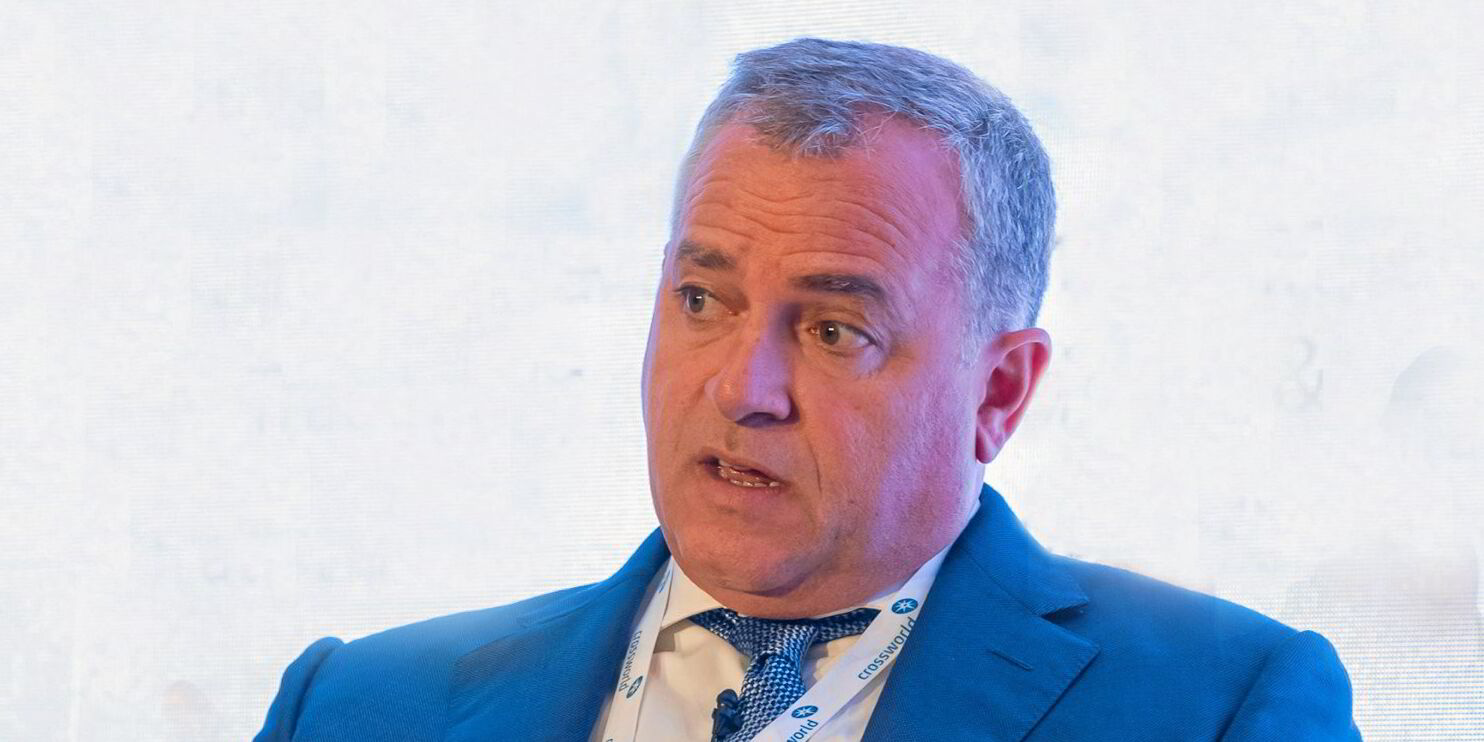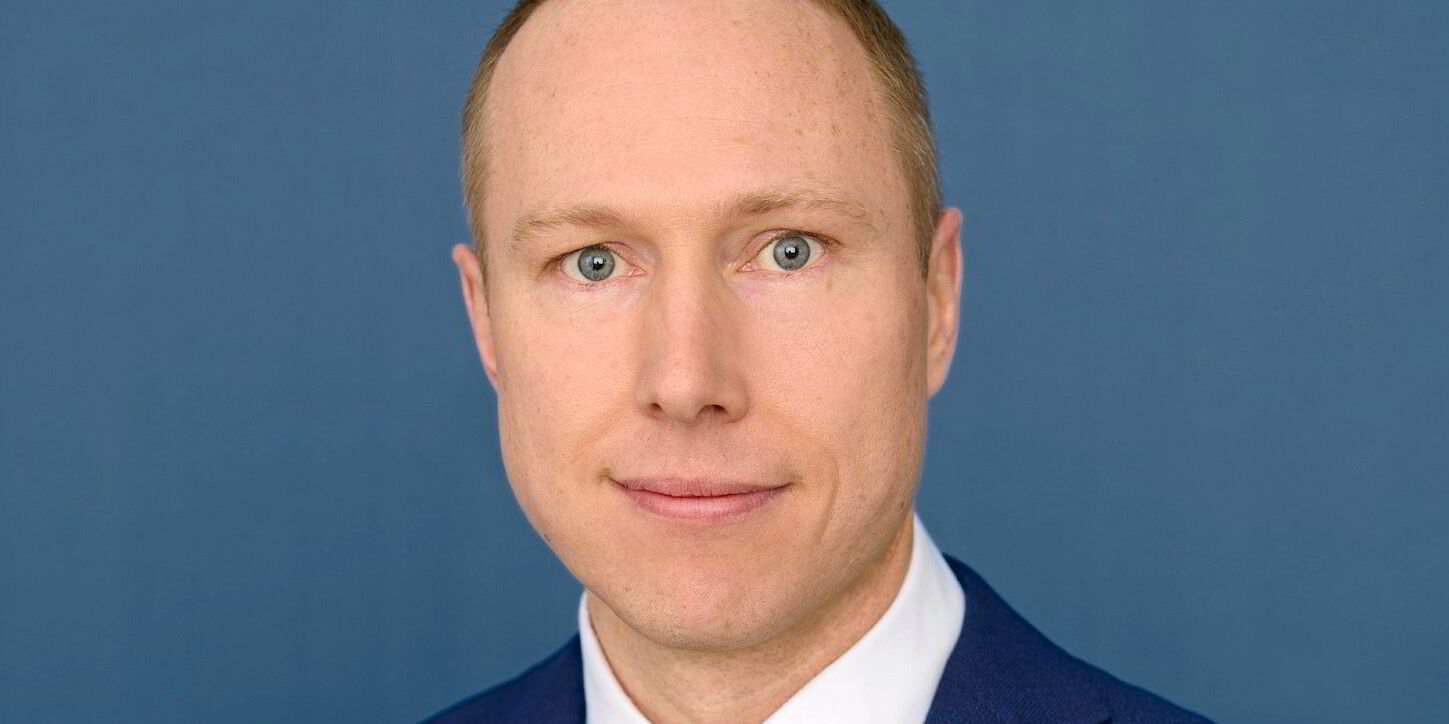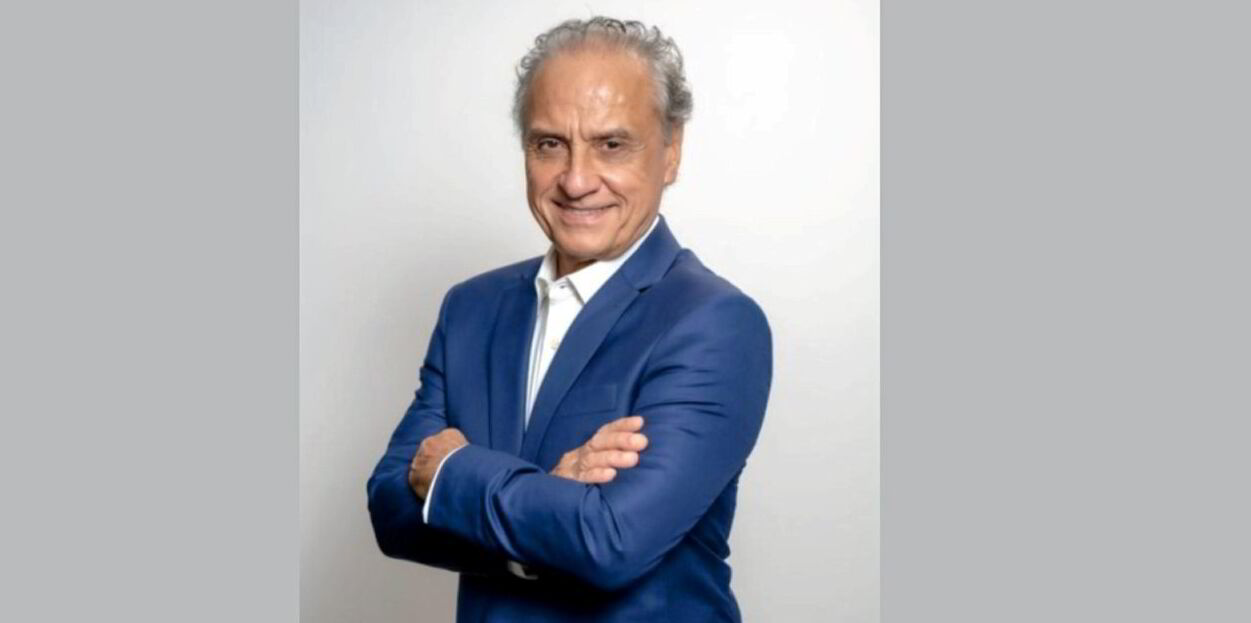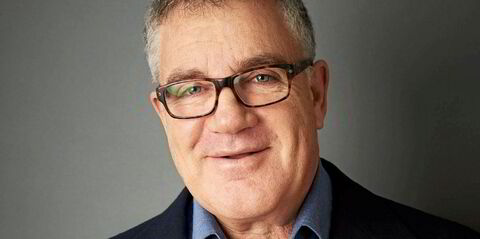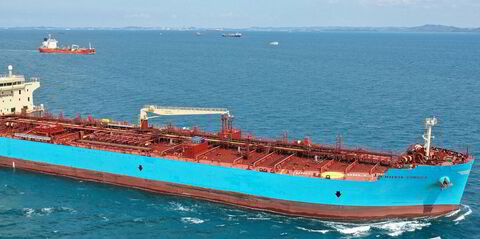Safe Bulkers is setting aside cash for further investments in greener bulkers but is still unsure of its fuel choice, according to its CEO and chairman.
Polys Hajioannou was philosophical when speaking at a Women in Shipping & Trading Association conference on Thursday.
“Shipping is a business of decisions, mostly wrong, but the good ones are very good,” he said.
“If you are a flexible company and can make decisions quickly, it’s the only way you can survive in this industry.”
New York-listed Safe Bulkers ordered two methanol dual-fuelled kamsarmaxes speculatively this year and more investments in alternative-fuelled vessels will follow, Hajioannou confirmed.
“We will invest in other kinds of clean fuel, not only methanol, simply because we read every month that new orders are popping up,” he said of contracting activity for alternatively fuelled bulkers.
He confirmed that the company is setting money aside for the investments.
But ammonia is unlikely to be Safe Bulkers’ first choice because of the risks involved for seafarers, he added.
Hajioannou is also sceptical of the real-world fuel and emissions savings generated by wind-assisted propulsion, for example, when sailing against the wind with up to eight metres of swell.
But in the meantime, the company still has not received any interest from parties who would finance or charter its methanol dual-fuelled kamsarmaxes, which deliver in 2026, he added.
“If it’s wrong, it’s wrong,” Hajioannou said of Safe Bulkers’ methanol bet.
“The transition has started. The fact we’re investing money that we would otherwise not have invested says it all.”
That means spending an extra $500,000 per ship on low-friction hull coatings, something that would not have been up for consideration a few years ago.
Looking to the future of Safe Bulkers and the family’s involvement in shipping, Hajioannou said one of his three daughters has already been working for Safe Bulkers for three years.
One of his two sons has just joined the business too.
“Maybe we have a mix of genders leading the company after my time,” he said.
“If you stay still, you will hit a wall.”
Hajioannou said he is optimistic for dry cargo markets after 2025, given that expectations for European and Chinese demand have been disappointing this year.
In the meantime, the bulker orderbook remains “balanced” at around 9% of the live fleet, giving a stable base of tonnage supply.
Shipping’s green transition is underway, but will accelerate as soon as the International Maritime Organization applies its global emissions trading system, he added.
